How Your Coops & Gardens Program Can Impact Your Community
February 2024 Coop Scoop Newsletter | Molly Sutton
As an educator, you know first hand the agricultural education deficit many schools are facing across the country. You have aimed to address these educational challenges by providing practical experiences in poultry livestock management and horticulture to your students.
By offering hands-on learning opportunities, your Coops & Gardens Program seeks to instill a deeper understanding and appreciation for agriculture and nutrition among students.
Through your program, you may have noticed:
The positive effect raising chickens and gardening at your school has on students’ nutritional knowledge, fruit and vegetable preference, and snack choices.
The benefits chickens and soil have on students' mental wellbeing.
Your school community bonding closer than ever!
And now, you may find yourself wondering how your Coops & Gardens Program can spread these benefits to have a greater community impact!
Solutions to increasing community impact can be found in Virginia, at Lovettsville Elementary School and Mountainside Montessori, where these schools are finding new and exciting ways to engage their school and local communities, including growing extra food to donate to food banks, partnering with local farms, and selling food back to community members.
Here are 5 ideas to increase your community impact through your school chicken coop and garden:
1. Donate to a Food Pantry
This idea of community impact comes from one of our Coops & Gardens Programs, Lovettsville Elementary School. “In the Fall or 2022, I had each grade level (k-5) participate in a carrot growing contest,” PE teacher, Hugh Brockway explains. “Fortunately, our school has a wonderful school garden with 6 dedicated raise garden beds. Each grade level was assigned a bed. During PE classes, all students helped till the soil, plant the carrots seeds, and tend to them as they grew. The goal was to demonstrate to our students that you can get physical activity in other ways than just sports.”
“We also planned to grow the carrots to donate them to families in need. We have created a great community connection with a local church that has a free food pantry for everyone in our area. They have said that having fresh food donated was very rare, so we jumped at that opportunity.” The students at Lovettsville Elementary grew a combined 13.27lbs of carrots!
“The school-wide Carrot Growing Contest was a huge success!” Hugh exclaims. “Some of the carrots were taken to the cafeteria where the staff washed and served them for free to all students. The rest were donated to the Lions Club to be distributed throughout the community.” The 5th grade winners earned extra PE class time.
But this endeavor is just getting started. “In the Spring of 2024, all third-grade classes will be doing a similar project,” Hugh tells us. “Each class will their own raised beds (from funds provided by Chickens.org!).” Building off the momentum created by their 2022 compeition, students will decide what they grow in their class’s garden bed. So far, classes have decided on kale, radishes, carrots, and lettuce. This year’s garden project will be even more hands as students will help decide on garden bed placement, construction, and maintenance of their beds. “All the food grown will be either donated or given it to the cafeteria staff to serve as a taste test for the entire school,” Hugh assures. Imagine the community impact if more schools grew even half of their food to donate to food pantries!
The total pounds of carrots grown by each grade level :
5th grade – 3.1lbs. 3rd grade – 2.13 lbs
4th grade – 2.95 lbs. Kindergarten – 1.5 lbs
2nd grade – 2.13 lbs 1st grade – 1.46 lbs.
The total pounds of carrots grown by each grade level :
Kindergarten – 1.5 lbs
1st grade – 1.46 lbs.
2nd grade – 2.13 lbs
3rd grade – 2.13 lbs
4th grade – 2.95 lbs.
5th grade – 3.1lbs.
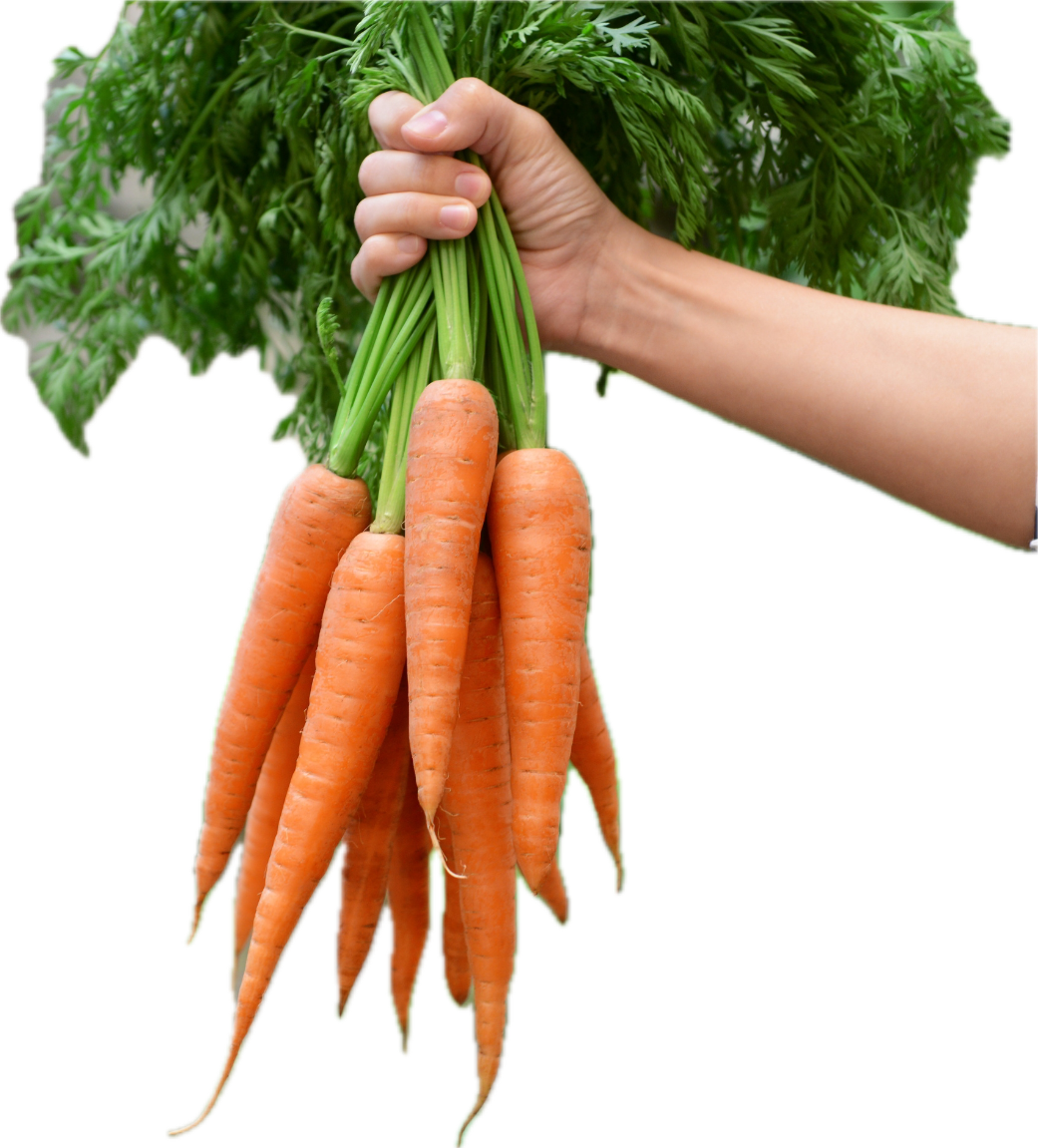
2. Partner with Local Farms
Located in the rural hills of Marshall, Virginia, Mountainside Montessori has created a true farm to school experience by partnering with local farms and businesses. The school’s Adolescent class (7-9th grade) raises hogs and turkeys for slaughter and chickens for eggs.
“Adolescents are seeking independence and their place in society. Connecting them with the economy creates real, meaningful work for this developmental stage of life.” Theo Grayson, Mountainside Montessori’s Adolescent Director, and head of the chicken program tells us.
“Farm work provides them with an opportunity to problem solve, make decisions with direct outcomes, and use their physical bodies. At Mountainside, the Adolescents run their own micro-economy businesses, of which the farm animals are a central aspect.”
Mountainside’s hog program creates another opportunity for community involvement. The school partners with a local farm who donates hogs for the students to raise. Pigs are raised on campus, leave campus to be processed by another community partner, and are then returned to be stored in freezers that have been donated to the program. Parents and community members can buy by cuts, half, or whole hogs.
A few times a year, the Adolescent students host a pop-up store at drop-off and pickup to sell their goods to school families. “They set up their sales table, create signs for their products, and use Venmo, Square, cash and checks for financial transactions. In addition to the eggs, they sell pork, and their turkeys are pre-ordered for Thanksgiving,” Theo tells us.
At Christmas time, their popup store includes other items, such as wreaths, preordered holiday baskets, gear, and art. Parents and faculty can email orders to the students at any time outside of the store pop-up hours for eggs and meat as well.
The animal husbandry program at Mountainside Montessori demonstrates there are more ways for students and community members to be involved in raising chickens than daily chores. Their program incorporates real life skills of running a business. This not only prepare students for the workforce, but leaves an immediate impact on food security of Mountainside Montessori’s school families and community.
3. Host Community Fundraising Events
This option for community engagement can serve not only as a community bonding experience, but also as a way to sustain your coops and gardens program!
Some fun community fundraising events include:
-
-
- Hold a chicken drop bingo game/fundraiser!
-
-
-
- Create and sell flower arrangements to community members for spring.
-
-
-
- Have community members pay to paint a brick or rock for your garden!
-
Partner with a community garden or farmer’s market to:
Design and host community workshops
Organize a seed swap
Run a table at a farmer's market
Volunteer to help plant an elderly community member's garden
4. Host or Participate in Community Outreach Events.
4. Host or Participate in Community Outreach Events.
Partner with a community garden or farmer’s market to:
Design and host community workshops
Organize a seed swap
Run a table at a farmer's market
Volunteer to help plant an elderly community member's garden
5. Create a Cookbook
Invite community members to contribute their favorite recipes to a cookbook. This mulitgenerational activity serves to share different culutures through food, markedly creating more meaningful relationships.
You can bind and sell this book to raise funds, or share it electronically with the student body. Either way, your student body will feel encouraged to engage with family members to create meals and memories together at home.
If your school has a cooking class: invite community members to volunteer in the kitchen to teach recipes using school garden produce!

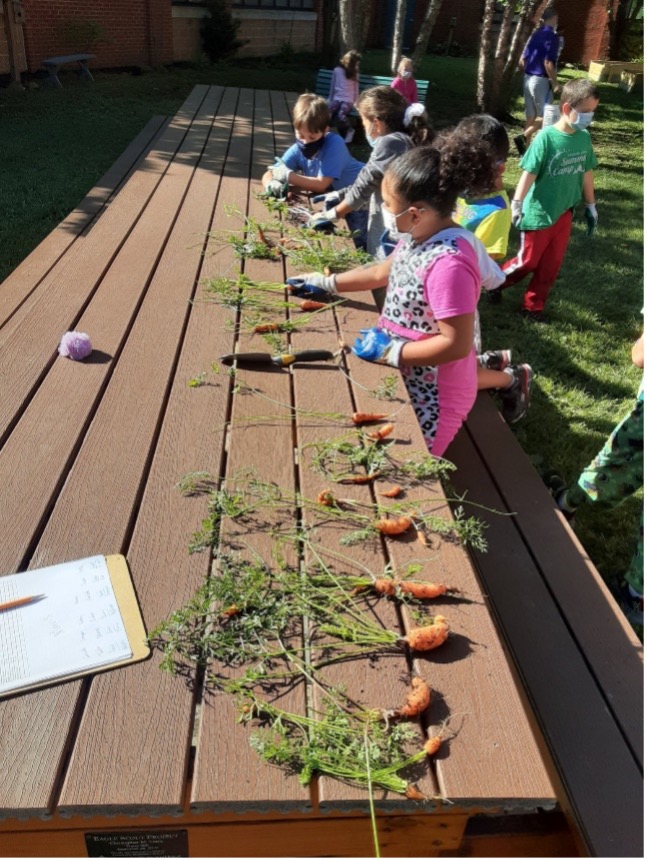
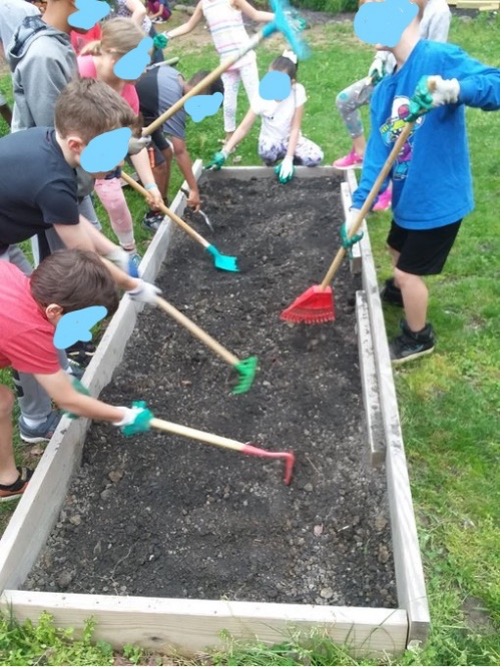
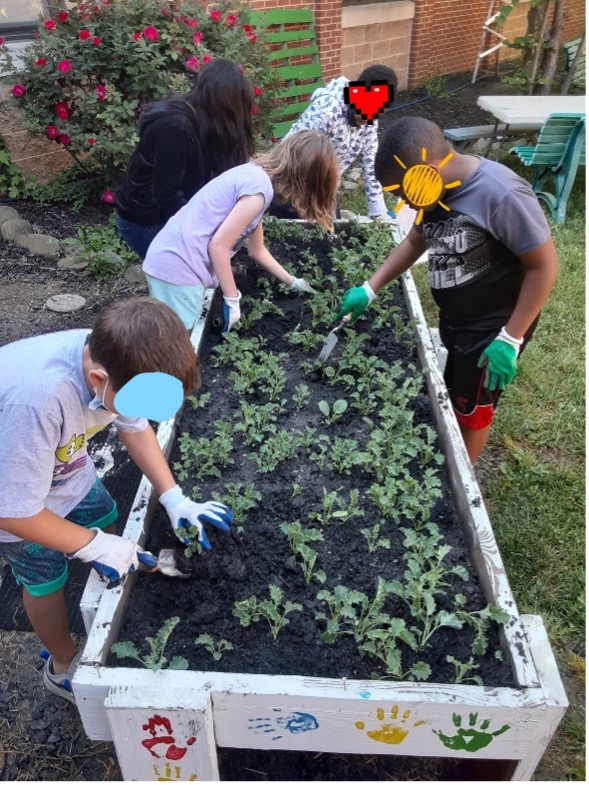

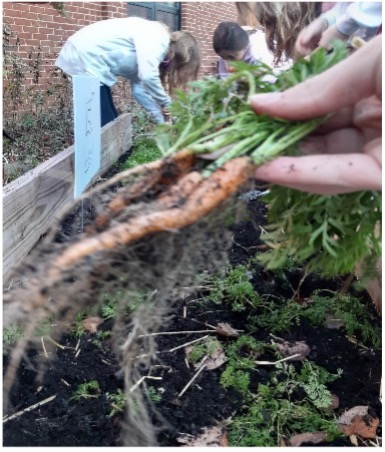
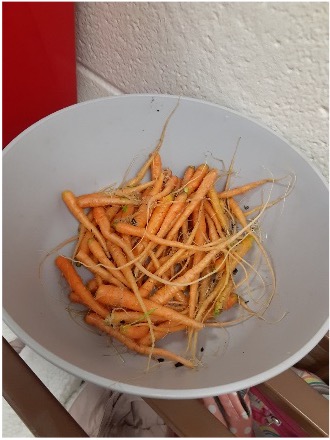


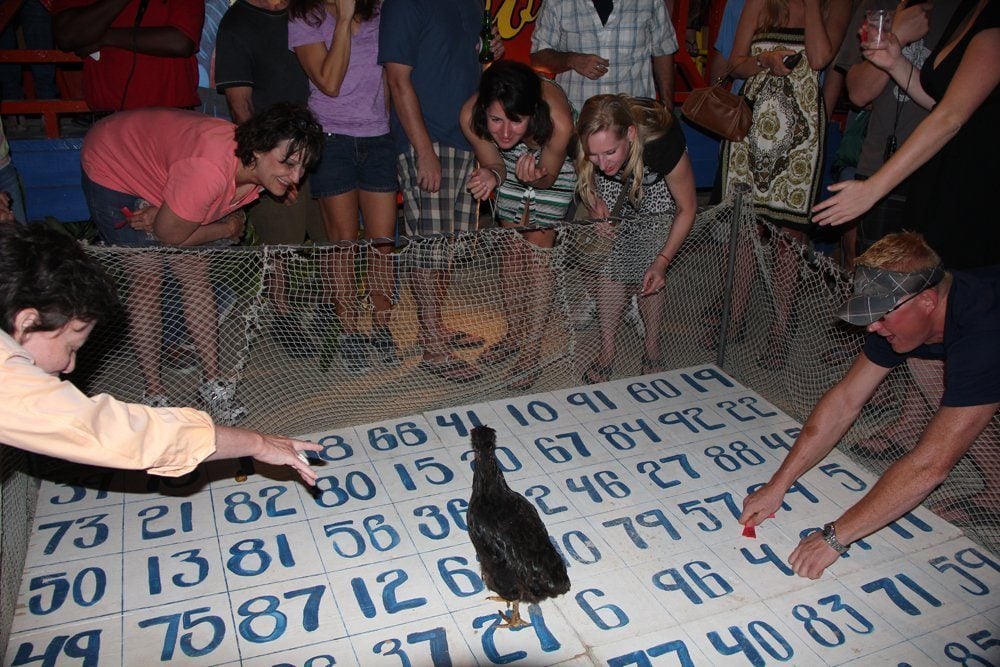
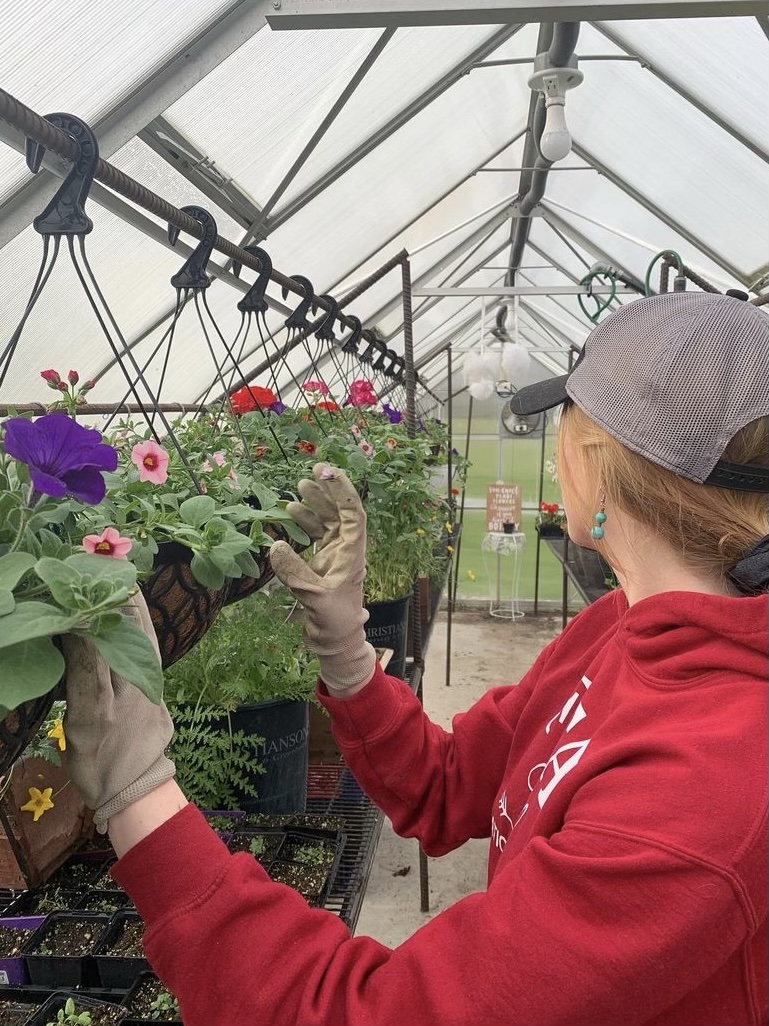
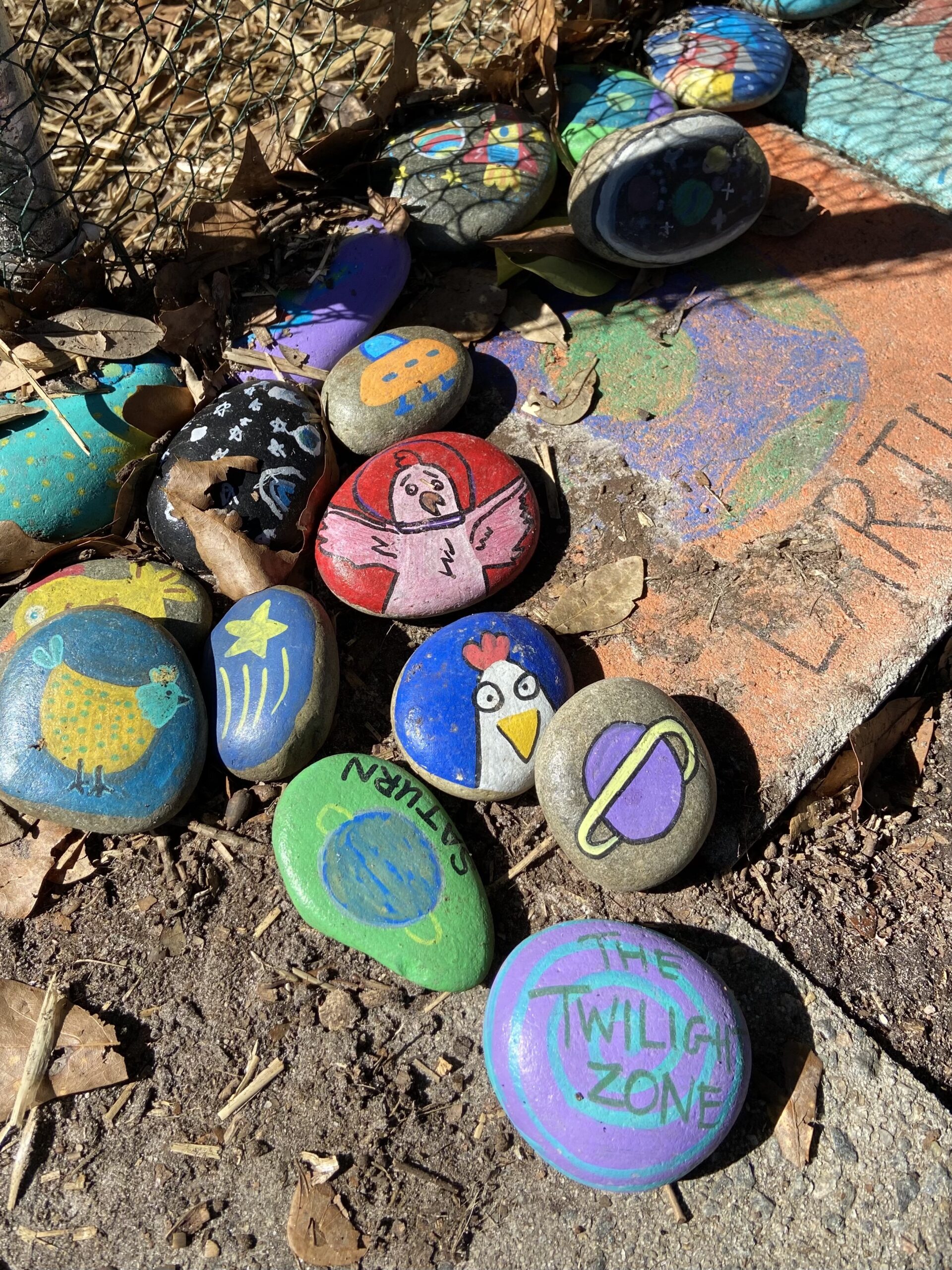
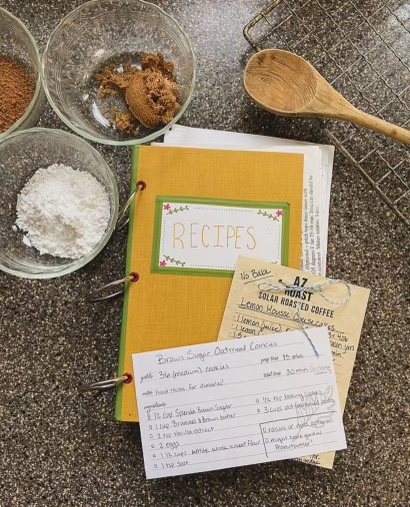
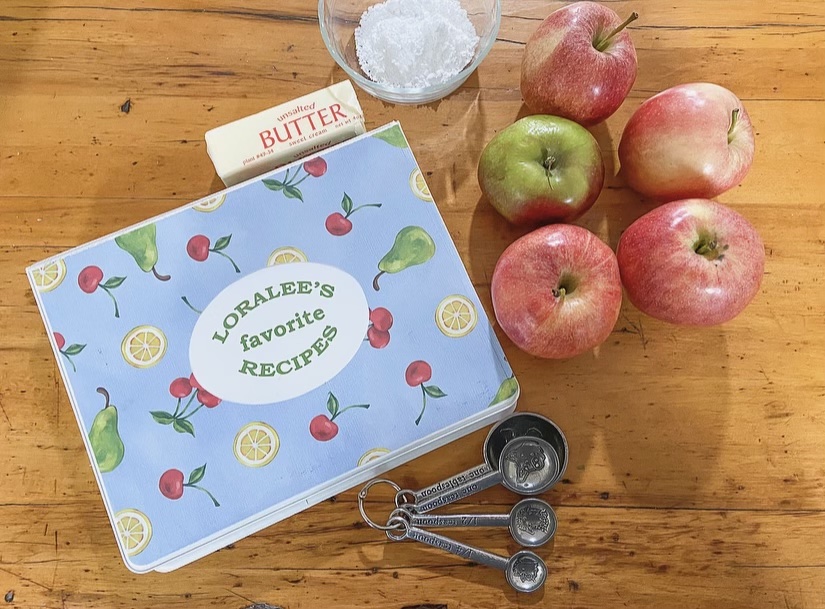
0 Comments